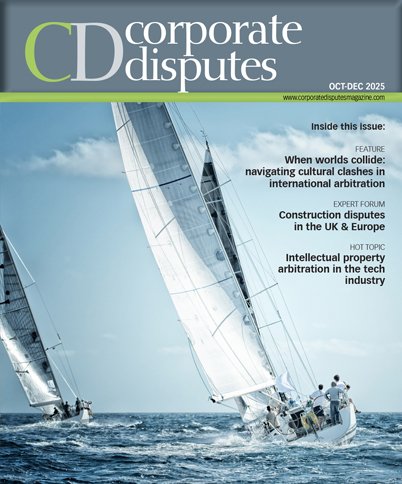SHAREHOLDER DISPUTES IN APAC: LESSONS FROM RECENT EXPERIENCE
Shareholder disputes are an inevitable feature of the corporate landscape. These disputes can be complex, high-stakes and emotionally charged, particularly when they involve significant financial interests or strategic control of a company.
We are witnessing high-profile shareholder disputes across a wide range of industries. Regardless of the underlying business, there are often a number of common themes to these disputes. Drawing from experience in the Asia-Pacific (APAC) region, this article explores three recurring aspects of shareholder disputes: non-compete obligations between shareholders, corporate governance and oversight, and the available remedies when relationships break down irreparably.
Non-competes between shareholders
Non-compete clauses are a common feature of shareholder agreements, designed to protect the interests of the company and its shareholders by preventing competition from within. These clauses are also used in post-M&A situations, to prevent an outgoing shareholder from setting up a new business to rival the one it has just sold. Non-competes are particularly important in industries where intellectual property, trade secrets or customer relationships are critical to a company’s success.
When faced with non-compete clauses, courts and arbitral tribunals typically seek to balance the interests of the companies with the rights of individual shareholders. Under common law systems (such as Singapore and Hong Kong), non-compete clauses, or restrictive covenants, are generally enforceable, provided they are reasonable in scope, duration and geographic reach. A more liberal approach will also be taken in considering the reasonableness of restrictive covenants in the context of a sale of business, as compared to a contract of employment. The court or tribunal will assess whether the clause is necessary to protect legitimate business interests, such as confidential information or goodwill, and whether it imposes an undue restraint on trade.

